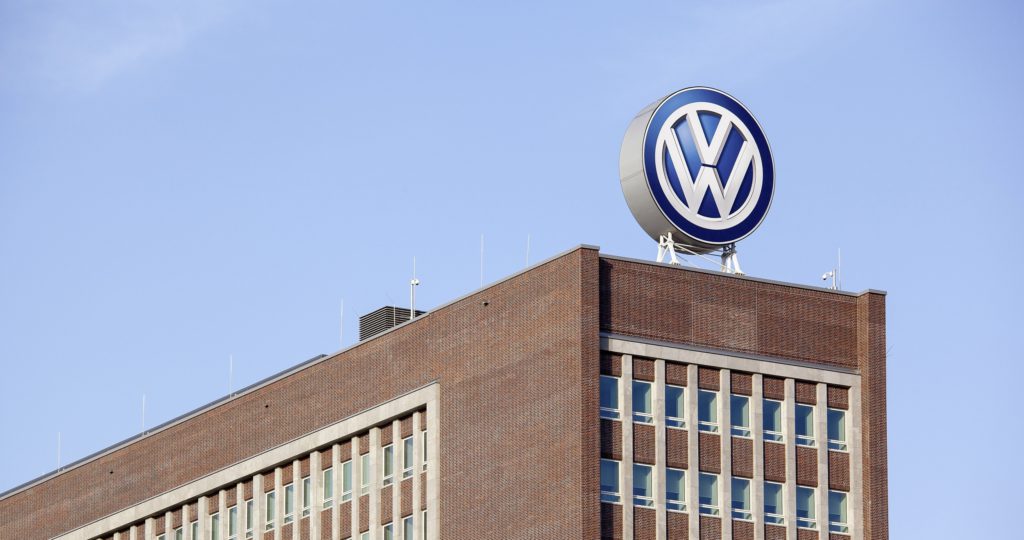Volkswagen receives ‘biggest ever’ consumer law fine in Australia
20 December 2019

20 December 2019
An Australian court has issued a record fine to Volkswagen Group (VW) for breaking consumer law as part of the Dieselgate scandal.
The company has been found guilty of making false representations about the compliance of its vehicles with diesel emissions standards. The A$125 million (€77.7 million) fine represents the largest penalty ever ordered by an Australian court for contraventions of consumer law investigated by the Australian Competition and Consumer Commission (ACCC).
Dieselgate has cost the German carmaker more than $30 billion (€27 billion) in the US since the emissions cheating scandal was uncovered in 2015, and this figure could rise globally as various courts bring lawsuits against the carmaker, with authorities, watchdogs and consumers lining up to demand action.
Law breach
′Volkswagen’s conduct was blatant and deliberate,’ said Rod Sims, chair of the Australian Competition and Consumer Commission. ′This penalty reflects a trend of ever-higher penalties for breaches of Australian consumer law.’
′Essentially, Volkswagen’s software made its diesel cars, utes and vans operate in two modes. One that was designed to test well and another that operated when the vehicle was actually being used and which produced higher emissions. This was concealed from Australian regulators and the tens of thousands of Australian consumers driving these vehicles.’
In an unusual step, the court threw out a previous settlement between the ACCC and the carmaker, saying that the agreed A$75 million (€46.6 million) payment was an insufficient penalty given the scale of the scandal and the company’s misconduct.
Misleading
The company admitted to the court that when it sought approval to supply and import more than 57,000 vehicles into Australia between 2011 and 2015, it did not disclose to the Australian Government the existence of dual-mode software.
′If the affected Volkswagen vehicles had been tested while operating in the mode Australians were driving in, they would have exceeded the NOx emissions limits allowed in Australia,’ added Sims.
Volkswagen also admitted that it made false representations when applying for the vehicles to be published on the Government’s Green Vehicle Guide website.
In September, Volkswagen, Audi and Skoda agreed to settle a class-action lawsuit brought by Australian car owners for A$87 million to A$127 million (€54 million to €79 million). The settlement, which does not include an admission of liability, requires approval by the Federal Court.
VW is facing class-action lawsuits in Germany and the UK, although the former is currently held up due to paperwork. The carmaker has constantly denied any wrongdoing in the European market. However, the Australian ruling will give drivers of affected vehicles hope that they may receive compensation.
In June, a Prague district council granted a number of Czech drivers of Skoda and Volkswagen vehicles compensation amounting to 533 million Czech Koruna (€20.8 million) in relation to Dieselgate.